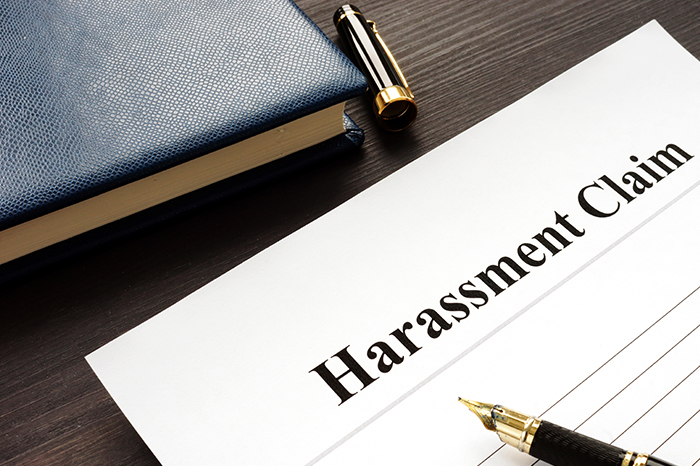Sexual harassment is defined as a form of sex discrimination that violates Title VII of the Civil Rights Act of 1964. Title VII applies to employers with 15 or more employees, including state and local governments. In order to state a claim for sexual harassment an individual must show that 1) he or she was subjected to unwelcome conduct; 2) the unwelcome conduct was based on sex 3) the conduct was sufficiently pervasive or severe to alter the conditions of employment and create a hostile work environment; and 4) some basis exists for imputing liability to the employer. What does and what does not satisfy conduct that satisfies the “pervasive” or “severe” test is often the subject of dispute in case. Employers undoubtedly try to minimize the harassment and downplay its impact. In the recent case of Lopez v. BMA Corp, the Maryland federal court provided guidance about what is needed to be alleged in a complaint in order to satisfy the “pervasive” or “severe” test. In that case, a, a 16 year-old employee that worked in a Maryland pizzeria alleged, in part, that she was being sexually harassed at work. Another server, a 26 year-old male co-worker, repeatedly made sexual advances towards her, telling her that he wanted to be his girlfriend, asking her for her phone number, and telling her that “each day you are looking more sexy to me.” The 16 year old complained about this conduct to her supervisors multiple times but nothing was done. As a result, the 16-year old felt unsafe and experienced anxiety, nervousness, headaches, trouble keeping food down, and general sickness. In addition, she sought treatment from a therapist. The Maryland federal court case is also instructive because the court found that the employer could be held liable for the actions of the harassment of the co-worker who was not a manager. The count the employer could be liable because the claimant alleged that she complained to managers on multiple occasions about the harassment by the co-worker and that nothing was done to stop the harassment.











